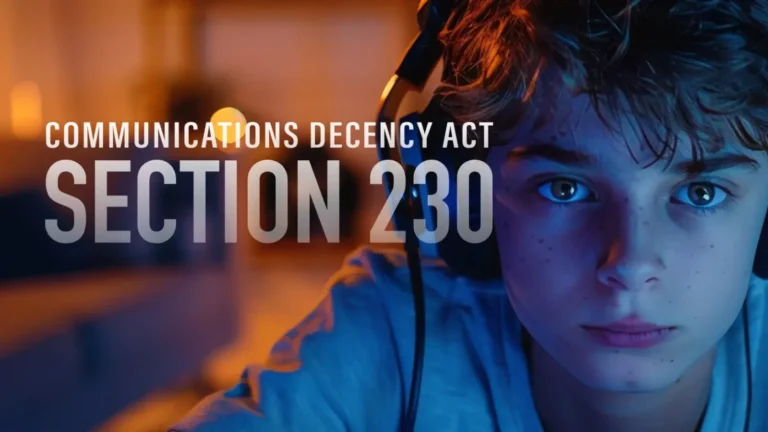Statement by Dani Pinter, Director of NCOSE’s Law Center
Washington, DC – Georgia’s Supreme Court this week upheld a statute criminalizing obscene Internet contact with a child, finding that the statute was not a violation of the First Amendment as an appeal had claimed. The National Center on Sexual Exploitation (NCOSE) filed an amicus brief regarding the case because the First Amendment does not protect the sexual exploitation of children online.
“The Georgia Supreme Court made the right decision, recognizing that the First Amendment does not give anyone the right to “talk dirty” to a child,” said Dani Pinter, Director of the National Center on Sexual Exploitation’s Law Center. “The sad and scary reality is that child sexual abuse and exploitation has moved online. Sexually explicit conversations, like those that occurred in this case, are a tool many researchers and law enforcement officials recognize that child predators use to groom children for further sexual abuse.”
“It’s vitally important for the laws to catch up with technology,” Pinter continued. “Most states have laws against solicitation of minors, or exposing oneself to a minor in person, or selling minors obscene materials. But what if an adult uses a webcam to expose himself/herself to minor online? What if he/she describes in graphic detail sexual encounters, or sexual acts he/she would like to perform on the child they are messaging online? And even more disturbing, what if the adult instructs the child to touch themselves sexually, directing and commanding their movements via webcam? These are real examples of the activities which have been prosecuted under the Georgia statute—without this statute such activity would have been considered legal.”
“For an adult to discuss graphic sexual acts with a child, with the intent to arouse his or herself or the child, is sexual abuse,” Pinter concluded. “Criminal laws must be adapted to the Internet Age, and that is why the National Center on Sexual Exploitation filed an amicus brief in defense of the existing Georgia statute on Internet facilitated sexual offenses against children. I commend the judges in Georgia who recognize that online child sexual exploitation must be criminally punished.”



